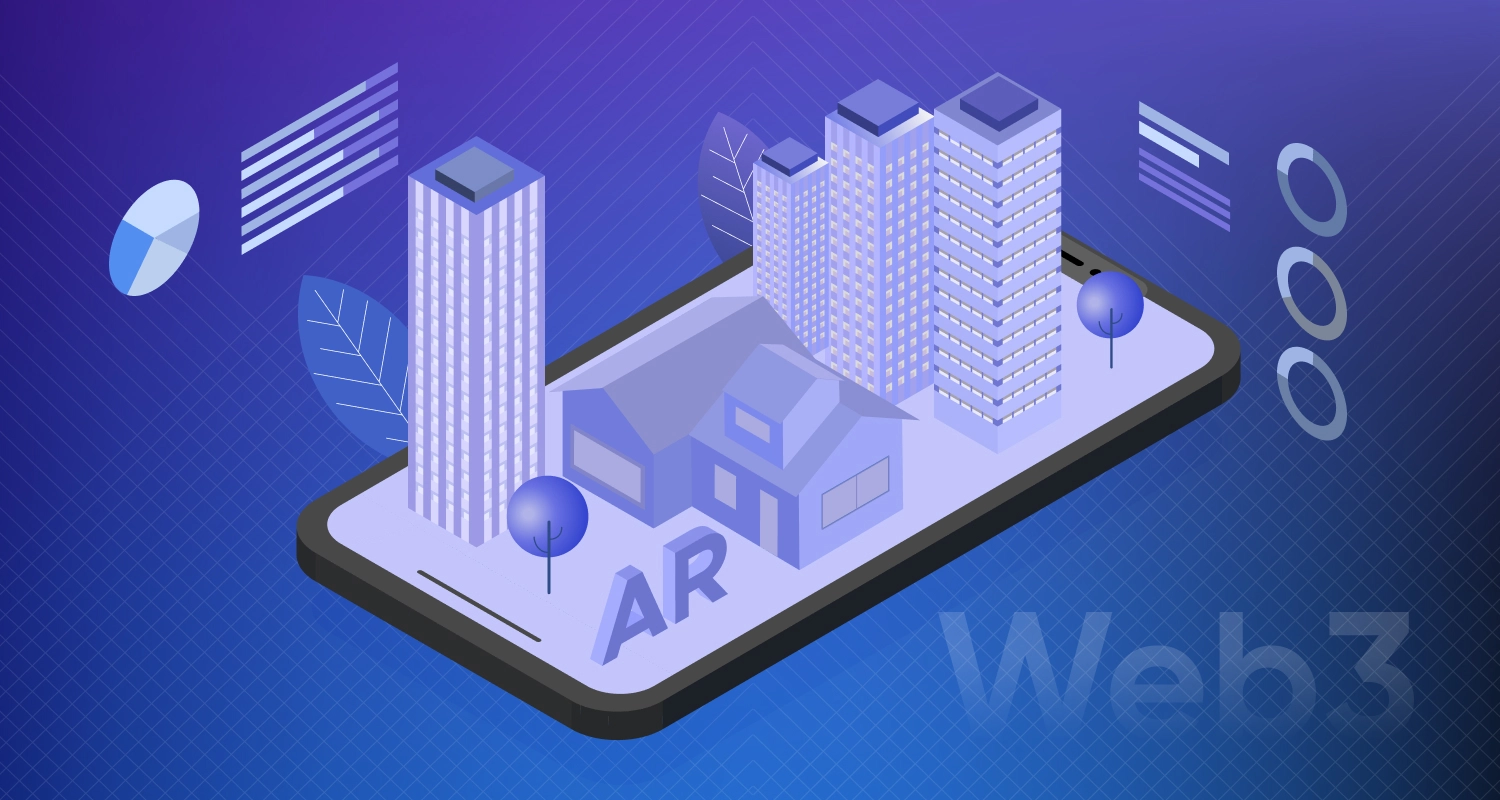Dear Justin Lischak Earley,
Thank you for delving into the potential risks associated with the tokenization of real estate assets in your recent Op-Ed featured in the American Land Title Association (ALTA) publication, titled “Bear With Me: The Bearer-Asset Dangers of Tokenizing Real Estate.” Your thorough examination of the complexities and safeguards inherent in the traditional real estate system is commendable, and we would like to provide a counter-perspective on behalf of UBITQUITY, LLC and TIERRA CHAIN S. DE R.L DE C.V.
We recognize the significance of upholding consumer protections and ensuring the integrity of real estate transactions. However, we contend that the strategic implementation of technological innovation can enhance efficiency and transparency without compromising the fundamental safeguards of the real estate market.
Your concern that a quicker and more liquid transaction does not necessarily translate to a better or more secure transaction is valid. Entities like UBITQUITY, LLC and TIERRA CHAIN S. DE R.L DE C.V operate at the convergence of blockchain technology and Real World Asset (RWA) tokenization precisely to address these concerns.
Through the utilization of blockchain for tokenization and stablecoins to mitigate price volatility in real estate transactions, our industry aims to streamline processes, reduce friction, and simultaneously enhance security.
It’s crucial to emphasize that the integration of blockchain technology does not signify a disregard for essential formalities. Instead, it presents an opportunity to reimagine and digitize these processes, preserving the legal safeguards while mitigating the inefficiencies associated with traditional paperwork. The decentralized and tamper-resistant nature of blockchain technology can fortify the security of real estate transactions, while also ensuring the transparent recordation and transfer of assets.
The pace of information dissemination is accelerating, and those expressing concern about the potential diminishment of influence stemming from bureaucratic inefficiencies resemble the dinosaurs observing the cataclysmic impactor igniting the atmosphere. Embracing a future where each participant possesses an immutable, transparent ledger, impervious to unauthorized alterations, diminishes the necessity for traditional, manual auditing and intermediary paper handlers. Autonomous democratic systems, designed for the collective welfare, loom on the horizon, heralding a reduction in transaction costs and a fortification against fraud or malfeasance through heightened transparency and security—positive attributes intrinsic to NFT and blockchain technologies.
For millennia, unscrupulous individuals have peddled ephemeral assets; the FTX saga epitomizes how insiders exploit opportunities to enrich themselves through fraudulent means. The media, seizing the chance to create a scapegoat narrative, simultaneously generates fear, uncertainty, and doubt within the freedom-oriented realm of cryptocurrency. Analogously, Wall Street’s financiers have their own chapters of malfeasance, akin to Enron and Lehman Brothers, all the while expressing concerns about potential fraud within burgeoning free markets. Public blockchains, by contrast, provide transparency into the possession of stolen assets.
While concerns about potential fraud and theft in a more liquid market are legitimate, it’s essential to recognize that blockchain technology, Decentralized Finance (DeFi), and web3 storage when implemented with robust measures, can provide a level of transparency and traceability surpassing traditional systems. Smart contracts, for example, can automate processes, reducing the risk of human error and enhancing overall transactional and recordation security.
Furthermore, your emphasis on the need for speed in crypto transactions and the importance of regulatory and compliance obligations align with our principles. At UBITQUITY, LLC and TIERRA CHAIN S. DE R.L DE C.V, we are dedicated to collaborative efforts with regulatory bodies and other industry stakeholders to establish clear guidelines and standards for tokenized real estate transactions. Our goal is to strike a balance between the speed and efficiency sought by crypto industry stakeholders and the regulatory requirements ensuring the protection of investors and consumers alike.
In conclusion, we firmly believe that the tokenization of real estate assets approached with a commitment to regulatory compliance and a focus on decentralization, security, and transparency, has the potential to positively revolutionize the industry. At UBITQUITY, we are actively developing next-generation web3 tools such as NFTitle, SmartEscrow, CryptoListing, UbitquityAI, and payment solutions like UbitquityPay to address the inherent limitations of existing technologies.
We value First American’s commitment to web 2.0 innovation in real estate and look forward to exploring conversations on the responsible integration of web 3.0 technology for the mutual benefit of stakeholders across diverse sectors in the global real estate industry. Kudos to the title/escrow companies, insurance underwriters, property management firms, REALTORS®/Brokers, and others actively participating in this transformative revolution.
NATHAN DONALD WOSNACK is the Founder and Chief Executive Officer at UBITQUITY, LLC. He can be reached at [email protected].
EUGENE BUCHANAN is the Founder and Gerente Administrador of TIERRA CHAIN S. DE R.L DE C.V. He can be reached at [email protected].



